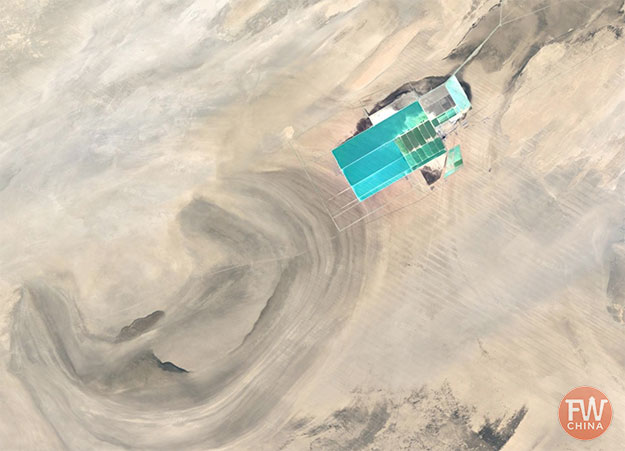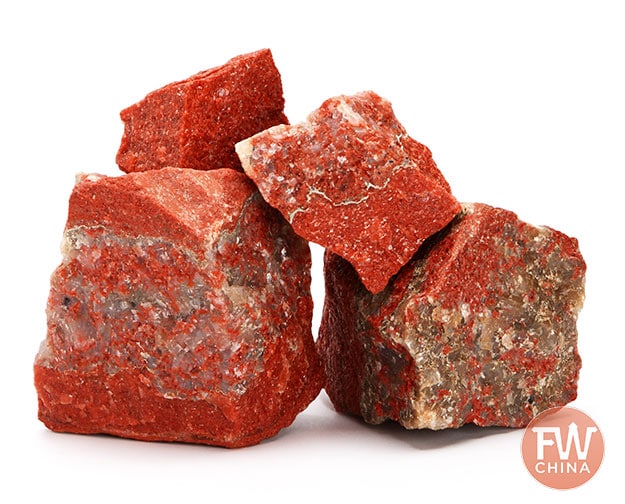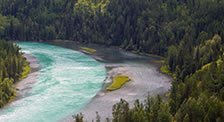Mysterious Lop Nor Structure in China Revealed
Lop Nor is not a very well known area here in Xinjiang, primarily because most of the attention is directed to its’ larger neighbor the Taklamakan Desert.
But China’s Lop Nor Desert is known for two things: it was once used by China for nuclear testing, and it’s the home to this building:

Oh, and one more thing.
China’s Lop Nor was once famous for its “Wandering Lake” mentioned by Marco Polo as his last stop before taking a year-long journey across the Gobi Desert.
It has finally made the headlines again in a few very small newspapers here in China’s northwest. It’s now considered…
…the world’s largest potash fertilizer producer.

In a move that has to make any person who calls Xinjiang their home proud, China’s State Development and Investment Corporation has now finished this project that is supposed to ease the country’s “severe short supply of fertilizer”.
BACK THE TRACTOR UP…we have a fertilizer shortage here?!
That’s right, folks, and remember that you heard it here first.
Forget the global financial crisis, please send all of your extra fertilizer here to China because apparently we’re in need.
In all fairness I must point out that potash isn’t your typical cow-dung fertilizer, it’s actually a potassium compound easily extracted from salt mines which abundantly fill the Lop Nor basin.
It is most commonly used as a fertilizer because it helps plants retain water and increases crop yields. This new fertilizer production base is just another reason alongside Xinjiang’s tomato exports and huge oil reserves that Xinjiang is an invaluable part of China.
Interestingly, the development of this fertilizer plant only serves to add to the colorful history of Lop Nor. For instance:
- Marco Polo’s mention of Lop Nor’s lake prompted future explorers to try to find it. The name “Wandering Lake” is derived from the fact that this inner basin lake would change in both position and size every year depending on rainfall and evaporation. Although the map you see here dated 1935 shows the lake, it has since largely dried up to be called merely a “salt lake sand marsh”.
- In 1964 Lop Nor was the subject of much attention and speculation when it was secretly used to conduct China’s first nuclear bomb test. Since then more than 45 other tests have been conducted on the site.
- The Lop Nor basin took the life of famous Chinese explorer Yu Chunshun who was attempting to cross it on foot back in 1996. At least Wikipedia says he’s famous. I can find no other information on the guy myself.
Sources:
- People’s Daily Online: World’s largest potash fertilizer project operational in China
- NASA’s EarthObservatory: The Wandering Lake
- Wikipedia: Lop Nor





